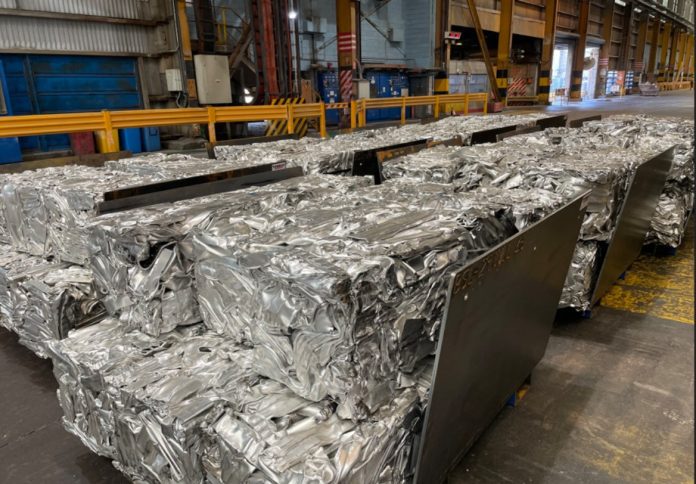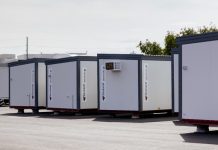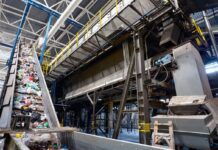
Capral has announced a major step forward in Australian aluminium sustainability through a new closed-loop recycling initiative in collaboration with Sims Metal and Rio Tinto.
The project will see post-production aluminium scrap from Capral processed and remelted domestically to produce 1,000 tonnes of billet containing at least 20 per cent recycled content, which will then be returned to Capral’s local extrusion operations.
According to Capral, the initiative marks a significant progression from a successful 2024 trial, where Capral and Rio Tinto’s Boyne Smelter produced recycled-content aluminium billet from 100 tonnes of scrap sourced from Capral’s Bremer Park facility in Southeast Queensland.
“This project represents a practical step forward for Capral in reducing our carbon emissions and increasing the recycled content of the aluminium we use,” said Capral Managing Director and CEO Tony Dragicevich.
“Building on our successful 2024 trial with Rio Tinto, working together enables us to offer our customers extruded aluminium options that support circularity, strengthen local supply chains, and reinforce the role of Australian manufacturing in a low-carbon future.”
Under the new process, Capral’s aluminium scrap is processed and sorted by Sims Metal before being remelted at Rio Tinto’s Boyne Smelter. Sims Metal’s role is critical in ensuring the scrap is of consistent and high quality for remelting at scale.
“Sims Metal is excited to collaborate with Rio Tinto and Capral to provide more recycled metal content into domestic aluminium manufacturing,” said David Burrows, Chief Commercial Officer at Sims Metal.
“Using more recycled aluminium in the manufacturing process is an immediate way the industry can continue to decarbonise and at the same time strengthen local aluminium supply chains.”
The recycling loop is distinctive for its entirely Queensland-based footprint. From bauxite mining and alumina refining to smelting, extrusion, and now remelting, each step takes place within the state.
This localisation helps reduce emissions from transport and enhances the resilience of the Queensland manufacturing sector.
The energy benefits of the project are also significant. While producing primary aluminium is energy-intensive, remelting aluminium scrap requires only about 5 per cent of the energy used in primary production.
This makes aluminium recycling a key strategy in cutting industrial emissions without compromising product quality.
“We are pleased to collaborate with Sims Metal and Capral to pioneer and scale an onshore closed-loop aluminium recycling solution that is driven by the needs of the market and our customer, Capral,” said Armando Torres, Rio Tinto Pacific Operations Aluminium Managing Director.
“The advancements achieved through successful trials are testament to the partnering technical teams’ innovation, and demonstrate the feasibility of locally sourced and recycled aluminium supply chains in Australia.”




















